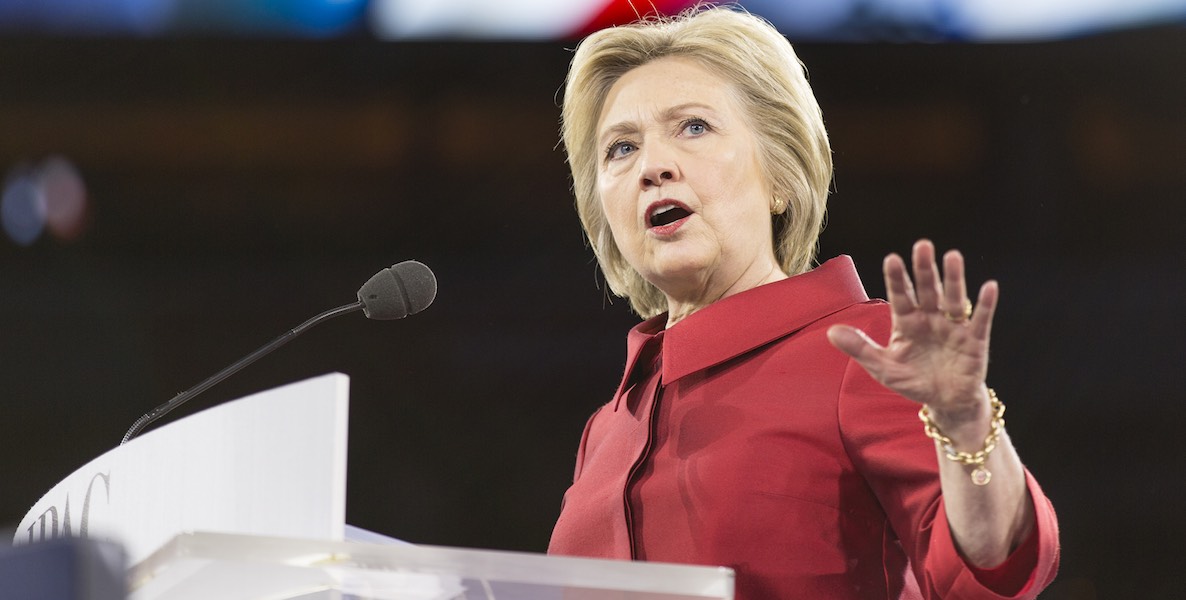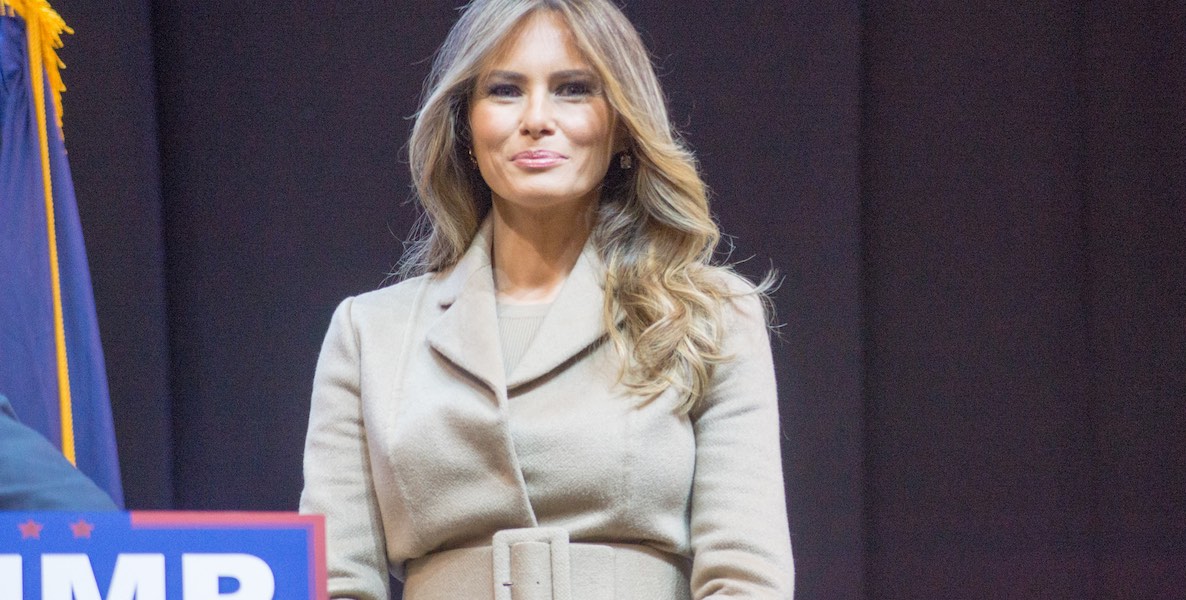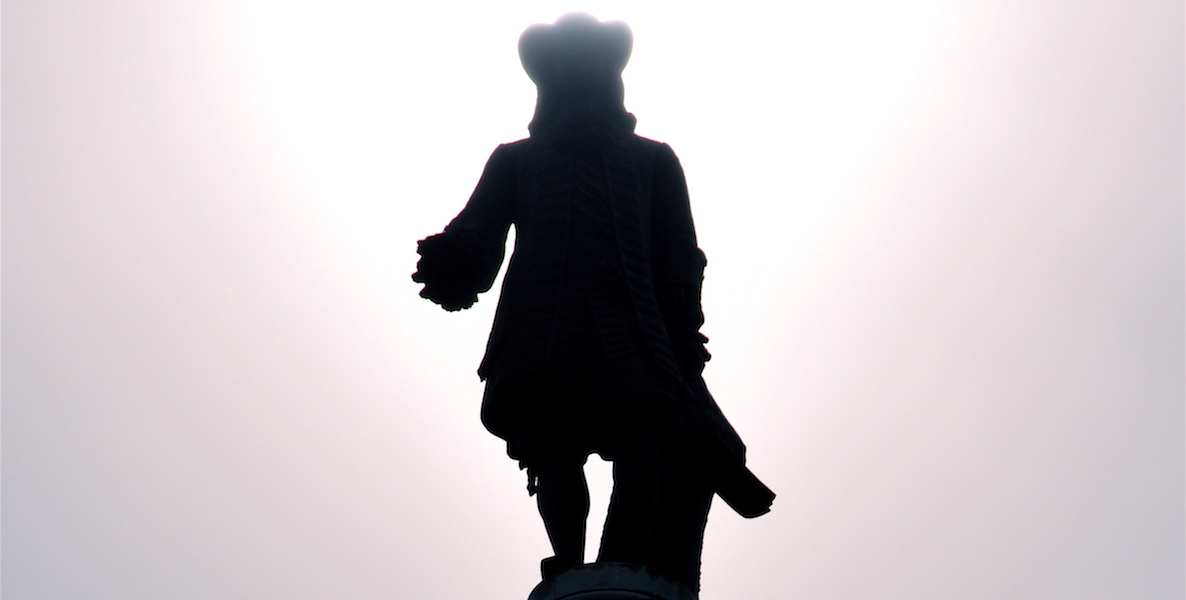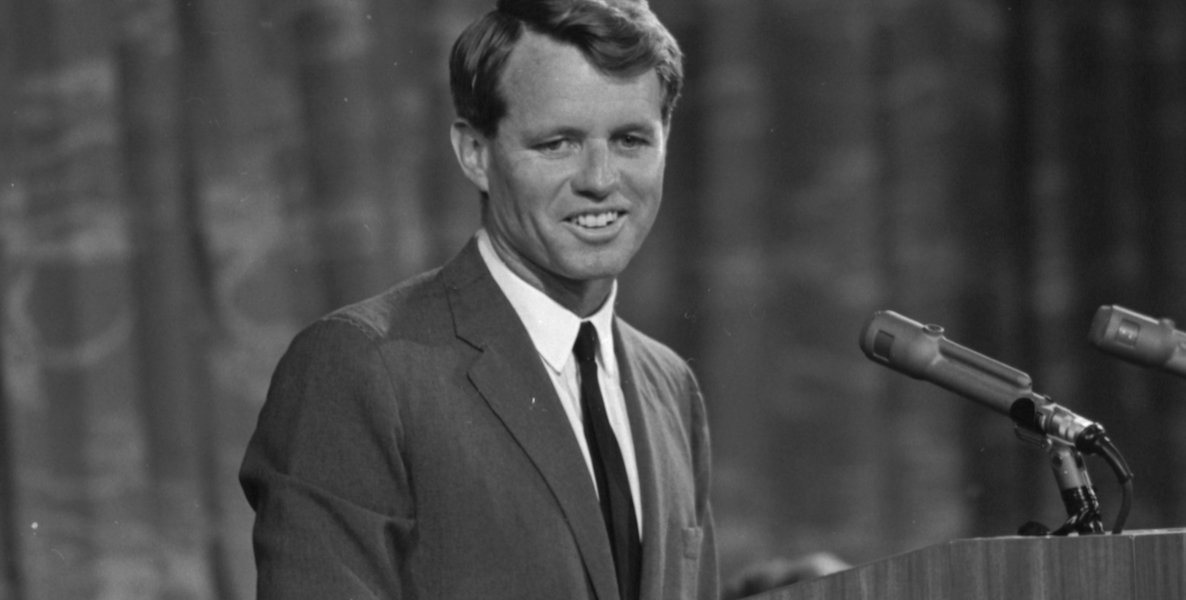This week, Larry Tye, the author of a new biography of Bobby Kennedy, gave a series of free talks and book signings across the city. I caught up with him Monday at the Union League after reading his op-ed in the Inquirer, headlined “Just as RFK Evolved, So Must Clinton.”
- John Fetterman of Braddock, PA
- Svante Myrick of Ithaca, NY
- Alex Torpey of South Orange, NJ
- Lovely Warren of Rochester, NY
On Thursday July 28th, 6 pm to 10 pm
$5 admission
“I urge Hillary to take a lesson from Bobby,” writes Tye, formerly an award-winning reporter for The Boston Globe. “By the end of his ’68 crusade for the White House, RFK had reconciled his warring halves and yielded to his better instincts in a manner that could be a better model for Clinton than any high-priced adviser. He was changing in deeper and more authentic ways than politicians generally did, which laid bare his inconsistencies and regrets. There was less moralism and more morality … It’s not too late for Hillary to do the same.”
Also in attendance at the Union League was veteran journalist Jeff Greenfield, a speechwriter on RFK’s inspiring and ill-fated 1968 presidential campaign, and former U.S. Senator Fred Harris, an old Kennedy friend. (“When visiting the Kennedys at Hyannisport, Mary McGrory said the only way to get along was to just not take part in all that athletic activity,” he recalled. “She said, ‘Go read a book.’”)
The Bobby Kennedy of 1968 was likely our last three-dimensional presidential candidate, the antithesis of the poll-driven, focus-grouped vote seeker. As Tye documents in his compelling narrative, Kennedy was a leader who was always in a state of becoming; he’d been, as attorney general, bullying and bellicose. Yet he’d grown into a vulnerable, introspective leader. “The quote he used a lot from the ancient Greeks, ‘The gods call men to a heavy reckoning for overweening pride,’” Greenfield said. “I think he was thinking about Vietnam, I think he was thinking about Cuba, I think he was thinking about the bullying part.”
In part, it was that we saw Kennedy grow on the public stage, from ruthless political street brawler to sage. But it’s also that he had real guts. Tye makes the case that we live in divided times, just as Kennedy did, yet he refused to look at voting blocs as mere interest groups and just tell them what they wanted to hear.
We want our political leaders to not only excel at the art of the political deal, but also to enrich us with their wisdom. That’s why the Aaron Sorkin show West Wing was so successful; didn’t we all secretly want Jed Bartlett to be our actual president at a time when our real presidents were fooling around with interns and waging wars under false pretenses?
By 1968, Kennedy had become that type of transcendent figure, capable of the most emotionally intelligent extemporaneous speechmaking in modern history.
Tye brings to life the terrible night that Martin Luther King, Jr. was assassinated, when Kennedy, defying the orders of local authorities, insisted on breaking the news to an Indianapolis crowd of inner city black people. Over 100 cities nationwide erupted in riots that night, but conventional wisdom holds that Kennedy’s words saved Indianapolis from bloodshed and looting.
Watch this speech and try to imagine Hillary Clinton or—I can’t even write this without laughing—Donald Trump striking these “we’re all in this together” chords:
What made Kennedy so authentic? In part, it was that we saw him grow on the public stage, from ruthless political street brawler to sage. But it’s also that he had real guts.
Tye makes the case that we live in divided times, just as Kennedy did, yet he refused to look at voting blocs as mere interest groups and just tell them what they wanted to hear.
“He was the opposite of a demagogue,” Tye says, noting that both Greenfield and Harris told virtually the same story, of candidate Kennedy in 1968 telling college kids—part of his base—that he opposed their college exemptions from military service.
“He practiced the opposite of pandering,” Tye says. “He’d tell black people they had some responsibility for remaking the ghetto. He’d tell white blue collar unionists they had to take some responsibility for racial justice.” And yet he appealed to inner city blacks—Tye reports that signs in urban ghettos read “Bobby Kennedy is white, but he all right”—as well as what would come to be called Reagan Democrats.
Can Hillary Clinton make an RFK-like turn? Can she cop to and own her mistakes—from private server to Benghazi—and can she wear her heart on her pantsuit? “I think so,” Tye says. “I’m an optimist. I think she wants to do the right thing.”
Tye says there’s a real lesson in the power of Kennedy’s appeal: “He’s an inspiration today for politicians who are told by consultants they have to be authentic, but have no clue how to do it.”
He was also a thinker with a revolutionary spirit. In 1966, this is how Kennedy began what has become his legendary Affirmation Day speech in South Africa: “I came here because of my deep interest and affection for a land settled by the Dutch in the mid-seventeenth century, then taken over by the British, and at last independent; a land in which the native inhabitants were at first subdued, but relations with whom remain a problem to this day; a land which defined itself on a hostile frontier; a land which has tamed rich natural resources through the energetic application of modern technology; a land which once imported slaves, and now must struggle to wipe out the last traces of that former bondage. I refer, of course, to the United States of America.”
Can you imagine an American politician—on foreign soil, no less—speaking so frankly today about his homeland’s history of failing to live up to its ideals? But his frank talk that day, like his refusal to pander to those disparate domestic constituencies, gave him a credibility that chest-pumping sloganeering about American exceptionalism would only undermine.
That South Africa speech came to be known as the “Ripple of Hope” speech; listen to this excerpt, and see if you can imagine anyone at either political convention (with the possible exception of the amazing Michelle Obama) striving for such high-mindedness:
We hear a lot about authenticity in politics nowadays, but Tye says we “get faux authentic candidates like Donald Trump—whose un-PC statements pass for authenticity. Bobby was authentic because he knew the issues while he told the truth. He’d give the same speech on both sides of the tracks and would tell everyone that he was wrong on Vietnam before he was right on it.”
Can Hillary Clinton make an RFK-like turn? Can she cop to and own her mistakes—from private server to Benghazi—and can she wear her heart on her pantsuit? “I think so,” Tye says. “I’m an optimist. I think she wants to do the right thing.”
No doubt that Hillary’s heart seems to be in the right place. But there’s a reason that, in the latest CNN poll, a stunning 68 percent find her untrustworthy. The Hillary of the 2016 campaign, the one that was for the Trans-Pacific Partnership trade deal before she was against it, seems as finger to the wind and prone to score-settling as ever. Remember, the private server was likely a way to play keep-away from the press—evoking Richard Nixon more than Bobby Kennedy.
“He practiced the opposite of pandering,” Tye says. “He’d tell black people they had some responsibility for remaking the ghetto. He’d tell white blue collar unionists they had to take some responsibility for racial justice.” And yet he appealed to inner city blacks—Tye reports that signs in urban ghettos read “Bobby Kennedy is white, but he all right”—as well as what would come to be called Reagan Democrats.
Even in that, Tye suggests there may be a lesson, if only Hillary were paying attention. “Bobby was despised by the press in the early ‘60s,” Tye says. “By the ’68 campaign, reporters were falling in love with him. Richard Harwood of the Washington Post had to go to his boss, Ben Bradlee, and tell him he couldn’t cover the campaign. ‘I like him too much,’ he said.”
At the convention this week, we heard speaker after speaker testify that, away from the media glare, Hillary Clinton is charming, empathetic, thoughtful and charismatic. Some said that about a growling attorney general, too, in the early ‘60s.
As Tye documents in a work all politicians should read, the death of his brother caused Bobby Kennedy to grow introspective before our eyes, and made prophets out of those who had maintained that the younger Kennedy brother was the truly great leader of his iconic family.
Maybe Hillary’s story will follow a similar arc. But it would involve risk-taking we haven’t yet seen from her.
Photo header: Wikimedia Commons






